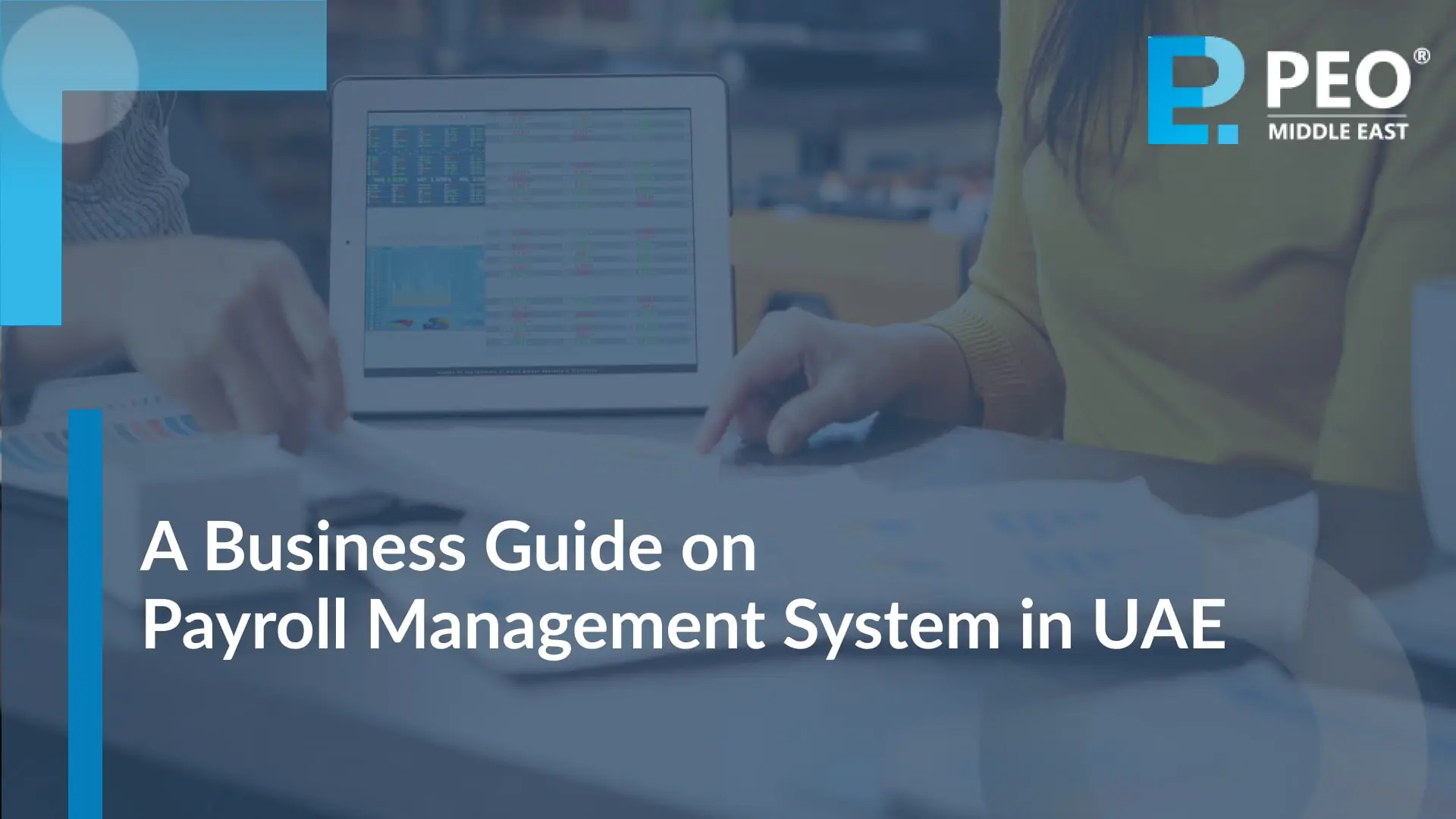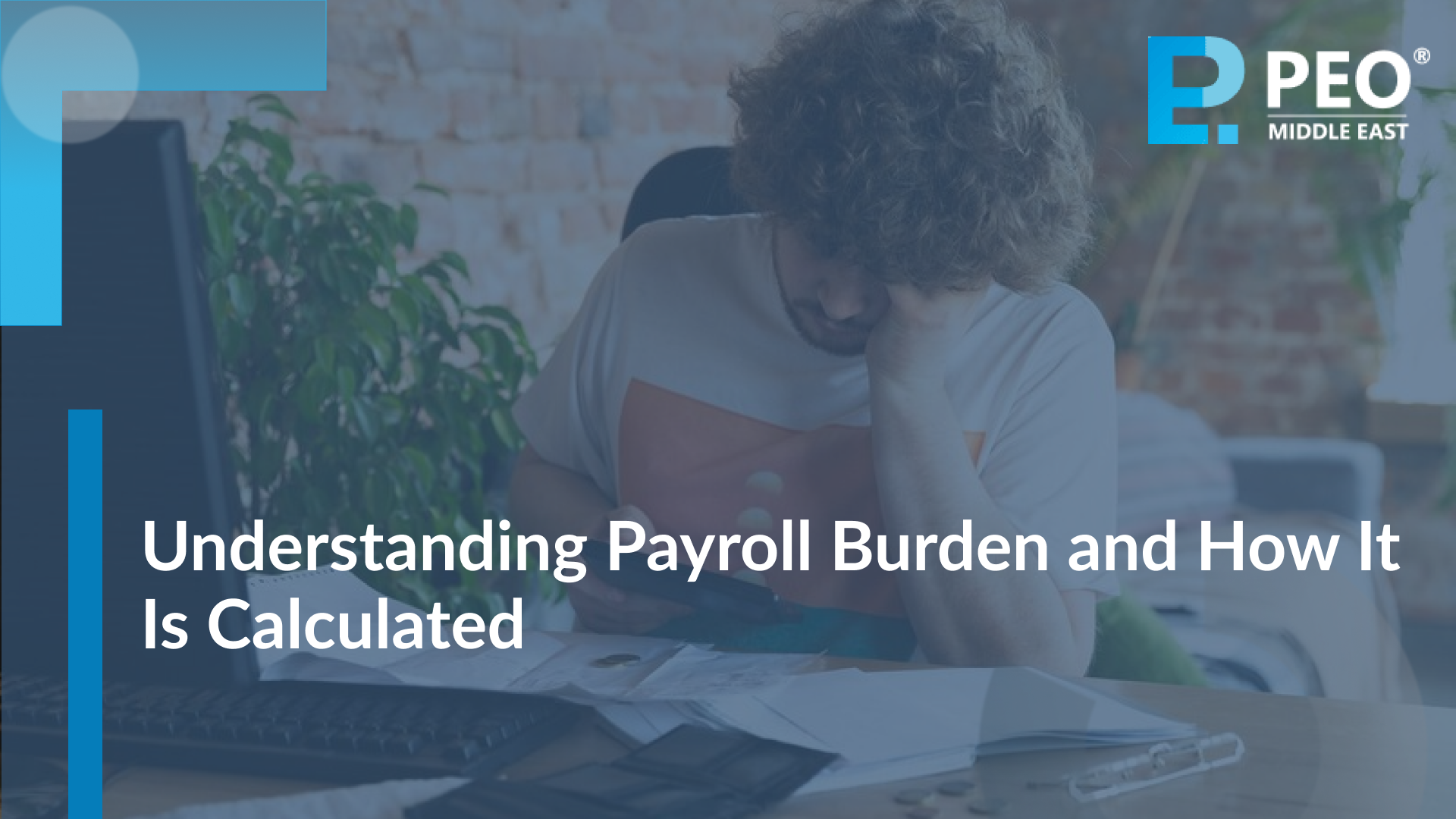Managing staff payroll can take a lot of time unless another business is hired to do it in your place. Despite the fact that outsourcing payroll can result in substantial financial savings and provide access to a better administration experience, some businesses are unsure of how to maximize this option. As a result, if you are running your own company, you should educate yourself on payroll outsourcing.
In this article, we will be talking about the payroll outsourcing benefits and why businesses must outsource this process. With 73% of businesses outsourcing their tasks in the past year, payroll outsourcing is quickly becoming common practice. Payroll outsourcing helps you reduce the possibility of misclassification and hefty fines that could total hundreds of thousands of dollars.
Key Takeaways:
- Employing a third party to handle the payments to the staff is known as outsourcing payroll.
- A payroll provider service will often deliver payments on a regular basis, withhold taxes, payroll taxes, and mandatory contributions, and provide regular payroll reports to the taxing authorities and their customer.
- Cost and time savings, access to professionals, prioritizing your main business, and greater compliance are some of the major advantages of outsourcing payroll.
- Consider a company’s reputation, compliance abilities, information security, and capacity to deliver any further relevant HR services when picking a third party to whom you will outsource payroll.
What is Payroll Outsourcing?

Just some of the “tasks” of payroll include gathering employee information, setting up periodic payments and online deposits, tracking records or hours, determining overdue wages, providing pay slips, and even extra wages in line with law orders. Another part of it involves managing information related to the tax process, such as insurance coverage and claims for workers’ compensation.
The term “payroll” can be used to describe both the list of workers that a business must pay and the total amount of wages and salaries that the manager is responsible for. Payroll, however, most usually refers to the process of paying employees or the entities in responsibility of doing so in the framework of modern business.
Businesses were most at ease offshore low-skill positions far from important business regions early on in the rise of strategic outsourcing. Many companies today outsource important jobs like client relations and financial management. This now encompasses numerous responsibilities that typically occur by administrators or departments inside human resources, such as complete payroll outsourcing solutions.
It may have previously looked unthinkable to provide a third party control over highly confidential data and business funds. It is simple to delegate tasks to payroll management firms without giving up control of the process of choice, though, as a big percentage of the payroll method comprises of repetitive processes and follows preset guidelines.
What Payroll Tasks Are Outsourceable?
A typical firm offers a variety of products, services, and operations. Some of these will be exclusive to the company in question (for instance, only companies that interact with customers will have a client service department). However, some procedures are applicable to almost all businesses, including payroll.
Such procedures can happen ‘in house’ or by a third party. Outsourcing occurs when a company engages with an outside organization to deliver a service. One of the most popular types of outsourcing for business procedures is payroll outsourcing.
Payroll outsourcing can happen through an accounting firm, an expert payroll company, or a Professional Employer Organization or PEO. When a global PEO takes over, all job responsibilities, not just payroll, are taken care of.
Payroll is not simply one straightforward task. It is a collection of actions that happen simultaneously. The following duties are frequently delegated as part of payroll outsourcing::
- Setting up a payroll account for employees. To process the person’s payroll, all relevant personal data is gathered.
- Setup of a payment mechanism. It depends on the most common means of payment for the business, whether that is by direct deposit, automatic payments, or pay checks.
- Taking into account all applicable payroll and income taxes.
- Payroll tax payments to the tax division. Remember that even when this is outsourcing, it is typically still the employer’s responsibility to pay any due taxes rather than a third party. Employers should be aware that even if something is outsourced, they will typically still be responsible for making any necessary payments.
- Taking care of any compulsory employee deductions, such as those for health and workers’ compensation insurance, and recording them on the worker’s paystub.
- Managing any disclosures and tax filings for the end of the year.
Does Payroll Outsourcing Include Contractor Payments?
Businesses are increasingly using freelancers or contractors rather than full-time workers, particularly when conducting business across international borders. Similar to payroll, handling payments for contractors may additionally be outsourced. Contractor Management Outsourcing, or CMO, is what this is.
A CMO provider simplifies the contractor billing process, processes payments in foreign currencies, and guarantees that all necessary taxes (such as the VAT or Goods and Services Tax) have been paid for.
How Does Outsourcing Payroll Operate?
The general procedure for payroll outsourcing is as follows, albeit it may vary a little depending on the jurisdiction or the nation in which your company resides:
- Initial steps: Preparing to outsource payroll functions takes up a significant portion of a company’s actual work during the outsourcing process. The corporation must first decide how much outsourcing it wants to do. In other words, if the company decides to co-source instead of fully outsource, how would it divide responsibility? For instance, a company could decide that they solely want the tax-related portions of payroll handled by a third-party service.
- Arranging payroll outsourcing: In 2023, there are several “payroll outsourcing providers” accessible, both domestically and internationally. Even though every business will have distinct requirements for a good match, they all need to ensure the supplier maintains adequate security for employee data and complies with relevant regulations.
Once they select a payroll outsourcing provider, all sides must concur on the “terms of engagement”. The specific obligations of the supplier are now formally in place. Along with talking about how much they receive for what they offer. Finally, the customer gives the supplier all the information required for it to complete the payroll-related activities it will assume.
- Making payroll happen: After exchanging data and establishing procedures, the payroll outsourcing supplier starts performing its actual responsibilities. Pay must nearly always be distributed according to a set timetable (every 2 weeks is common). Similar to when handling payroll in-house, the provider must withhold any appropriate taxes prior to payments being issued.
What Are the Benefits of Outsourcing Payroll?

- Cost effective: Often, outsourcing payroll is less expensive for a business than performing it in-house. You must purchase the required software, bookkeeping or payroll applications, and give training when processing payroll internally. Employers must also keep up with changes to personnel policies, tax rules, and accounting deadlines. Missing these issues can be expensive and subject the company to additional liability.
- Prioritizing core functions: The operations of your business are not likely to be heavily reliant on payroll. Due to the fact that it is a non-core function, the more hours and cash you spend on it, more time you have to spend on things that bring in money. By giving someone else control over the processing of your paycheck, you may spend more time on tasks that are more in line with your key competencies or areas of prospective income, like customer service, sales, and marketing.
- Time saving: Payroll processing requires a lot of work and time, regardless of the amount of staff you have. If you handle payroll internally, you or your staff may find themselves entering a lot of payroll information. When you consider the time spent gathering and monitoring payroll, outsourcing to a reliable service provider may seem intriguing. Money is time, after all.
- No extra costs: For in-house payroll handling, you must pay upgrade fees and buy pricey software. You must always load the most recent tax tables onto your servers. This adds another time- and resource-intensive burden to your workload. However, you can quickly say goodbye to these upkeep and infrastructure spending issues by outsourcing. Additionally, it takes away the chance that submitting mistakes may result in penalties.
Why you need payroll outsourcing?
The following are some major reasons of hiring payroll outsourcing for your business:
Extra security: Payroll processing is a difficult procedure that needs close supervision because of the dangers involved. If your sensitive data goes missing, you could suffer significant financial loss. Yes, your staff members are trustworthy, but greater security and supervision are essential.
Without sufficient security measures, cash theft and data manipulation with regard to the company may occur, resulting in significant losses. Payroll service providers must implement these security precautions. Modern tools are necessary in these organizations. As a consequence, they lessen the requirement for personal engagement by promptly notifying parties when payroll fraud occurs.
In order to employ cutting-edge techniques, providers frequently make large financial investments. Something that small-business owners might not be able to achieve on their own. Modern computer methods can prevent fraud better than manual bookkeeping does. Thus, it makes reasonable to contract with a supplier to handle the payroll process.
Staff direct bank deposits: Even though employees always demand direct bank deposits, small businesses find it difficult to implement them. They must distribute paper checks monthly and deal with a lot of paperwork. This, in order to keep track of the various paychecks distributed. Payroll outsourcing can help you reduce bureaucracy and remove the chance of fraud. Small businesses may live easier because it takes fewer time and is error-free.
Adherence: By using a payroll outsourcing solutions, you can delegate compliance chores to a company that is proficient in regional, national, and federal laws and regulations. You have the ability to avoid penalties or ineffective audits that result from your noncompliance.
How PEO Middleeast will assis you with outsourcing payroll
Although there are advantages to outsourcing payroll, no one tool can guarantee a company’s success in managing payroll. Company executives should comprehend the convenience and cost savings of outsourcing payroll before making a choice. Guidance can be provided by having a clear awareness of the benefits and drawbacks of payroll outsourcing. As well as accurate knowledge of current payroll administration costs.
By outsourcing payroll administration, you can gain access to a knowledgeable group of professionals that have carefully examined and researched regulatory requirements. A competent group of specialists at a recognized payroll outsourcing firm can handle perks and payments.
Getting competent workers is another accomplishment on the list of advantages of outsourcing payroll. If you travel abroad, you may need to work in numerous different jurisdictions. If your business prioritizes remote work and international recruiting, you need hire an expert who is familiar with local regulations and policies. Only outsourcing payroll operations will allow for the acquisition of such specialized skills.
Probably the most important trait that a payroll expert should possess is the capacity for meticulous attention to detail. Processing private financial data and making precise computations is crucial for payroll. Payroll errors can result in major consequences like incorrect deductions for taxes or overpaying employees. Therefore, a payroll expert must be able to efficiently evaluate and verify all data and calculations.
Hire PEO Middleeast for PEO, EOR & Payroll outsourcing
Let us take care of your HR operations and payroll outsourcing needs with our PEO and EOR solutions. With PEO Middleast, you can obtain the support you need to take your business to a whole new place! Contact us now via email at [email protected] and obtain the proper assistance from our team!







